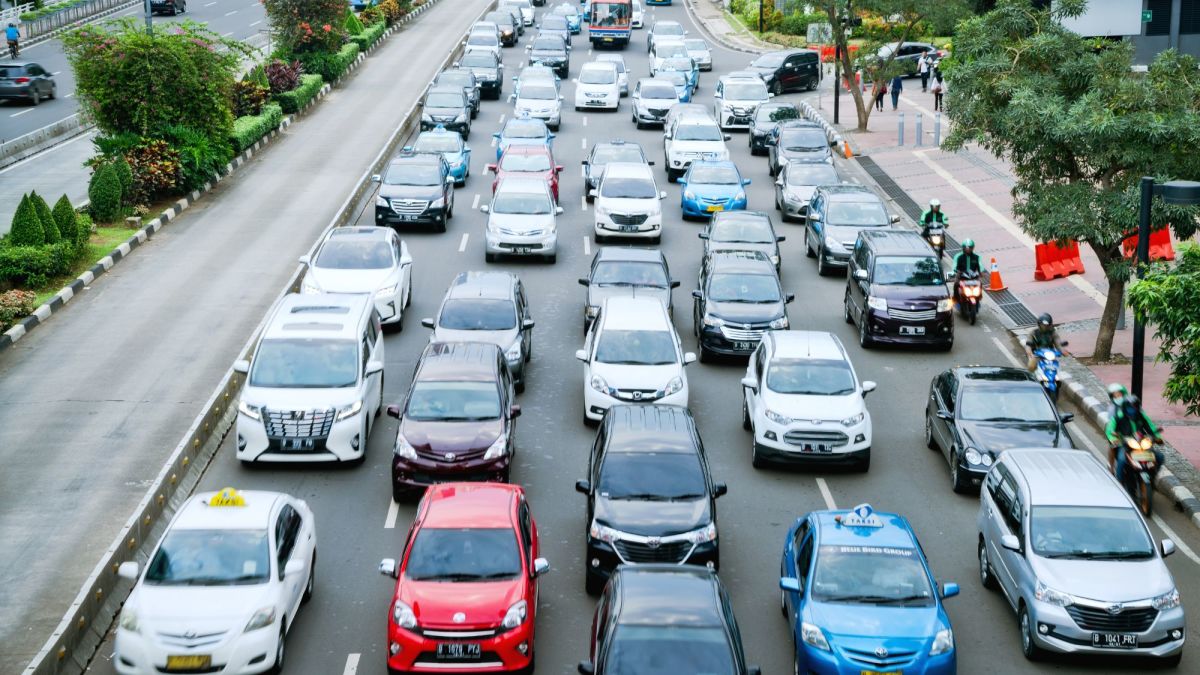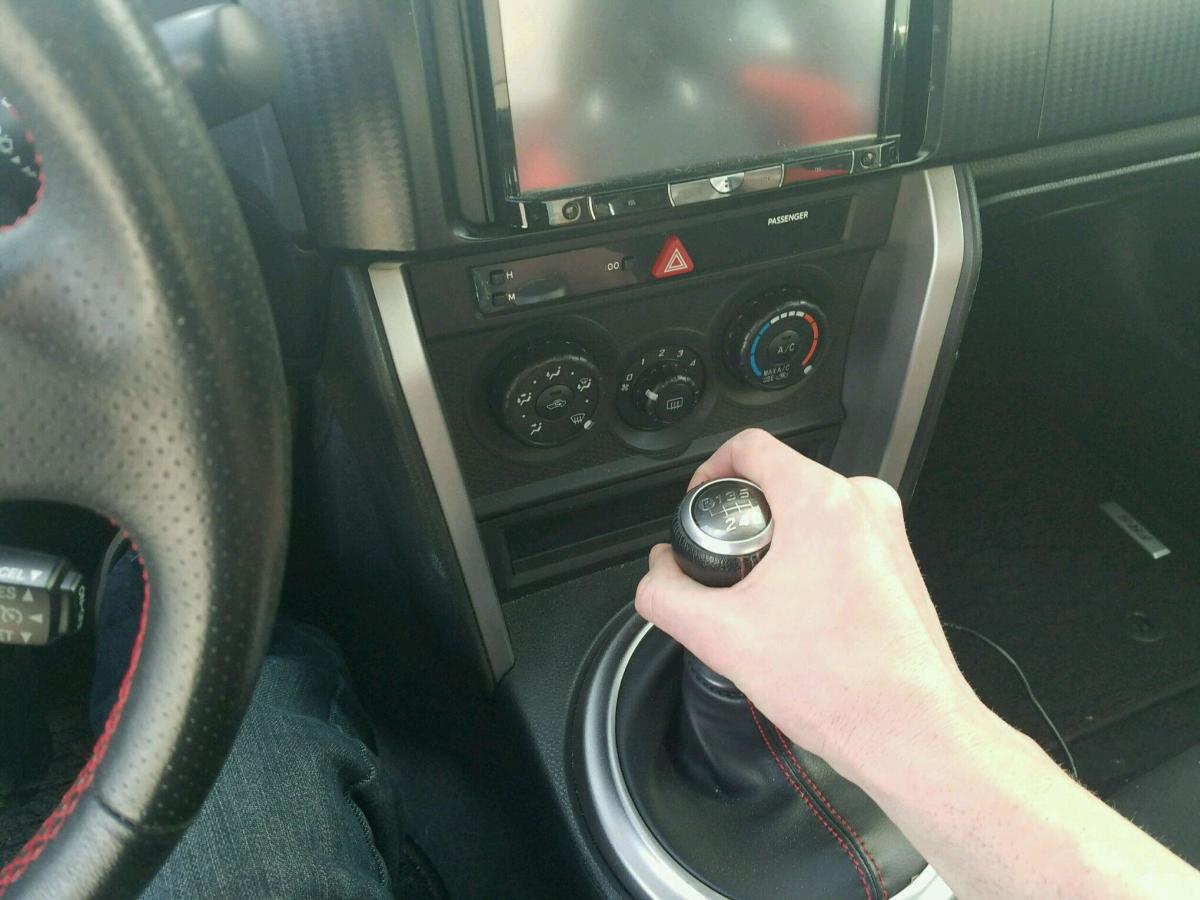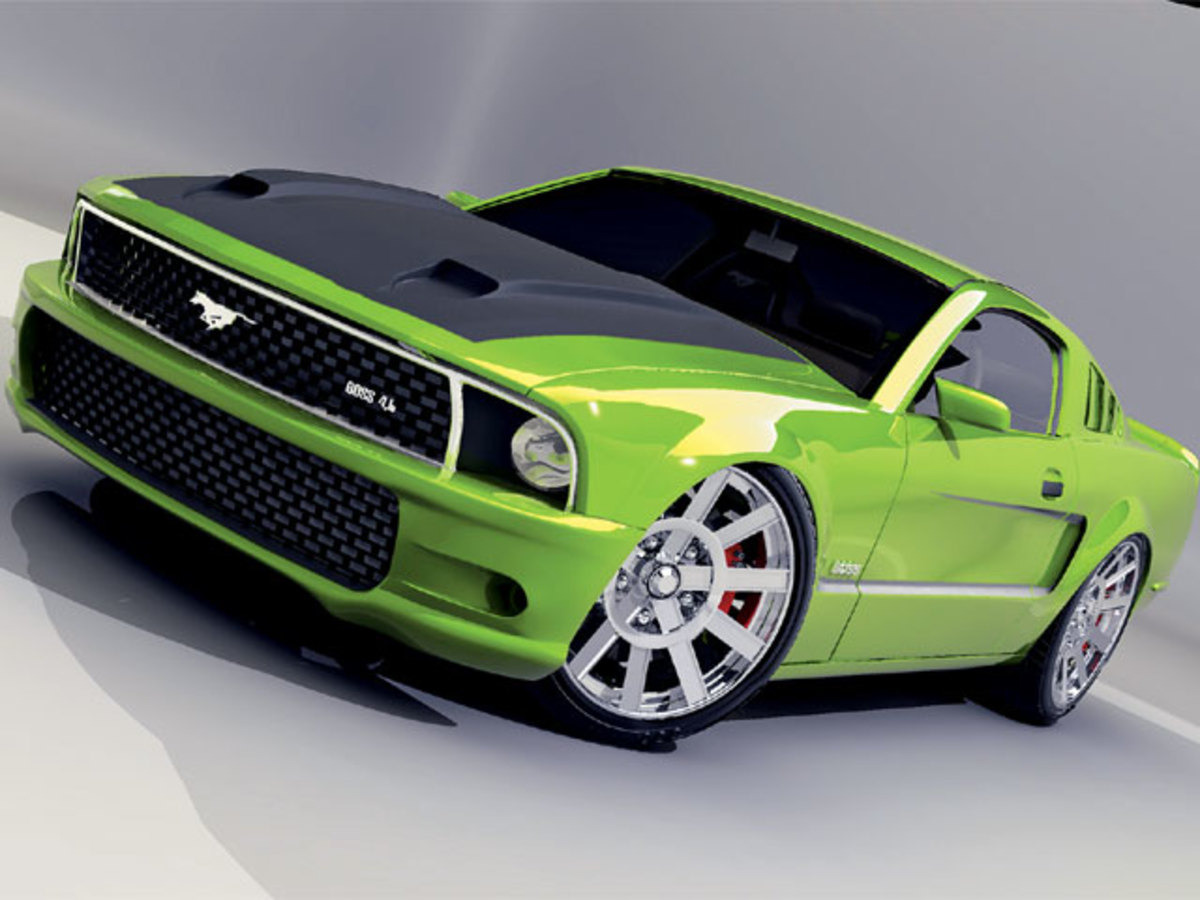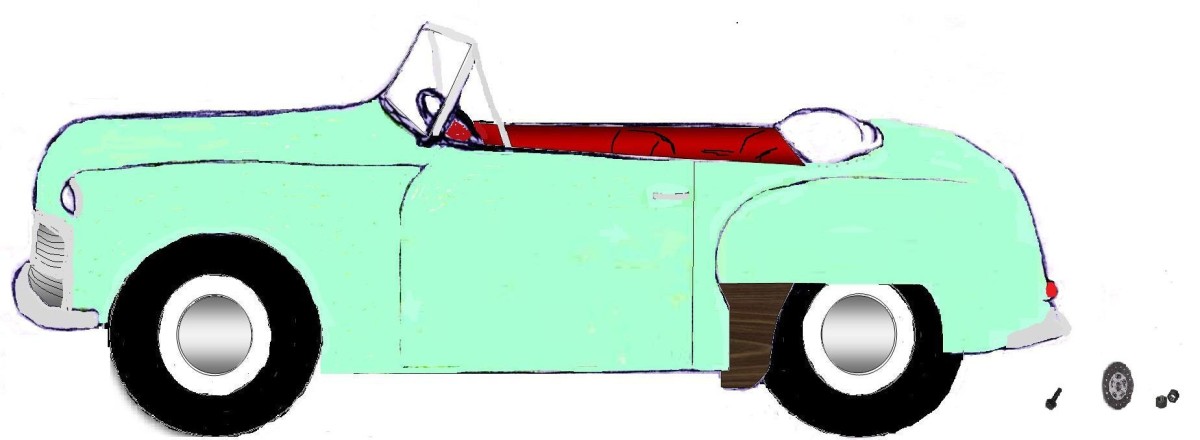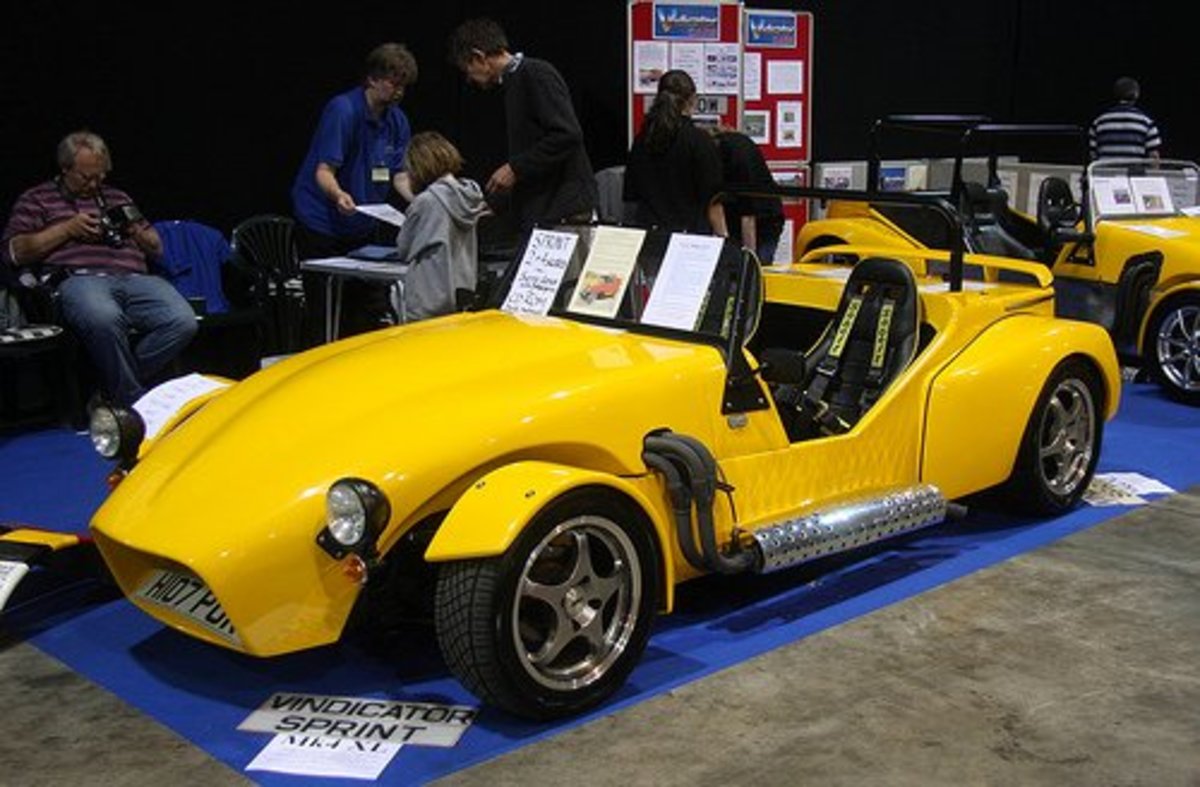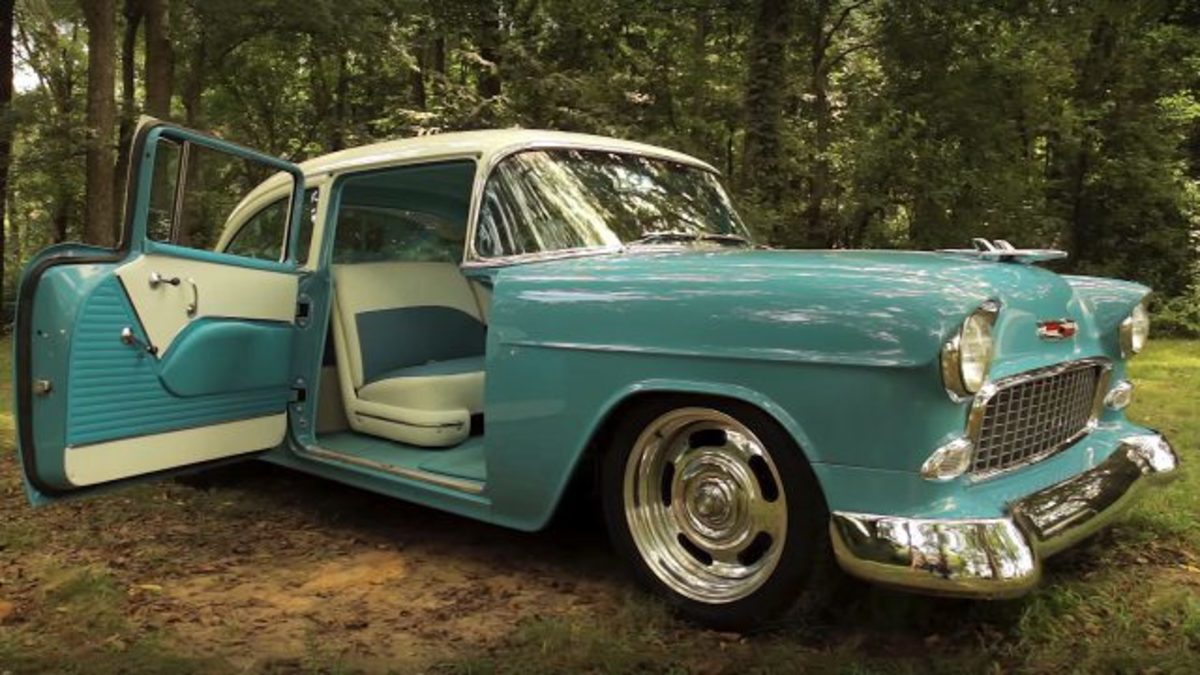HPDE Track Days - Anyone Can Drive on a Racetrack

What does "HPDE" mean?
Anyone can take their personal car and drive on a real, professional racetrack for a weekend. Yes, your daily driver, and no, you do not have to know anyone special. Your choice of the closest or coolest track in the country and any time except winter. The way? HPDE track events, which stands for high performance drivers education.
A club, such as BMW club, Porsche club, Audi club, etc. will rent various racetracks throughout the year for 2-day events open to the public. The same racetracks that hold Nascar, LeMans, and F1 races. You sign up and pay the fee, get your car inspected, and show up. An instructor and classroom instructions are provided for the best two days of your life.
Do you race? What do you do?
No, technically you do not race... but pretty damn close. The purpose of these events is drivers education, so you are paired up with an instructor who sits in your passenger seat and coaches you while YOU drive on the racetrack with other cars. There are separate run groups; beginners go out in a green group, intermediate in yellow, advanced in red (no instructors), and instructors in black, with some variations between car clubs.
While on the track, you learn the proper seating position, how to take turns (hit the apex, or center of the corner), careful throttle and brake modulation, what each flag means, and much more. It is a hobby that requires endless learning, and never gets dull. You drive faster and faster, and safely pass slower cars. Brakes and tires heat up to extreme temperatures to the point that they have reduced function. It's intense.
In between the 20-30 minute sessions on the track, you attend indoor classroom sessions where instructors explain driving strategies, intricacies of the particular racetrack, safety precautions, differences in cars engines, tires, and so forth.
Above all, you learn the limits and physics of your car. You feel and hear the point where tires lose traction. You feel your brakes overheating and losing their stopping power. You learn that braking unloads the weight on the rear of your car and puts weight on the front tires, hence you want to give the car some gas in a corner when you are losing control, not abruptly take your foot off the accelerator, or you will spin out. You learn that braking and turning make you quicker, and that straight line power amounts to very little. It's all quite simple actually.
Preparation
Before each event, you most sign up about a month in advance, pay the club fee if required ($50 for example) and have a mechanic inspect your car (1 hour labor, $70-80). After your first event or two, you will need to:
- Replace brake fluid with high temperature racing fluid.
- Install high temperature track brake pads.
- Mount sticky summer tires.
- Replace engine, transmission, and differential oil with good synthetic fluids.
- Buy an approved helmet (SA2005 or SA2010).
- Bring assortment of tools and backup parts/fluids
These items will last multiple events. Some go pretty nuts with parts and fluids, but it is quite amazing how well an ordinary car with stock tires will perform on a racetrack at high speeds. These events make you realize how HIGH the limits of modern cars are. VERY hard to reach the limits of a car on the street.
Sounds dangerous, I don't want to crash!
We've all seen the nasty race car crashes on TV. They are scary, people lose their lives. Yes, but this is not competitive racing. No one is winning anything, and everyone keeps their distance from other cars and passes very safely. Naturally, you will drive within your limits and comfort zone. It's very controllable. Lastly, these are mostly daily drivers on the track that have to be driven home and to work. No one wants to explain to their insurance company that they totaled their car on a racetrack (even though they might cover you the first time).
Each event, maybe one car will get damaged, normally by going off the track and hitting a wall. About half the time it's minor. About half the time it's serious damage. Rarely is anyone injured. Modern cars are very safe.
Crashing is a risk, but don't let this alone stop you from trying a HPDE event.
This is too expensive!
Well yes, it is not cheap to drive a car on a racetrack. But if you only do it a couple times a year, it's not so bad. Each event
- Event Registration: $350-500
- Club Registration: $50
- Mechanic Inspection: $70
- Hotel: $100 (split with friends)
- Food: $150
- Gas: $150 (to and from event, on track)
- Fluids: $50
Plus tires, brake pads, rotors that last multiple events. Can be easy to exceed $1,000 per event. However, it is two full days, and I only do this twice a year. In the scheme of things, it is WORTH IT.
Where do I start?
Go to the link below and browse through events close to you. Read about the particular track and tell your friends. Talk to the organizer in the club that is hosting the event. Sign up, rent hotel, inspect car, grab overnight back, and go. It is the best.
- MotorsportReg.com : Online registration management tools for driving and social events
Find and register for thousands of autocross (solo), driving school, club racing and other motorsport events plus registration and management services for clubs

